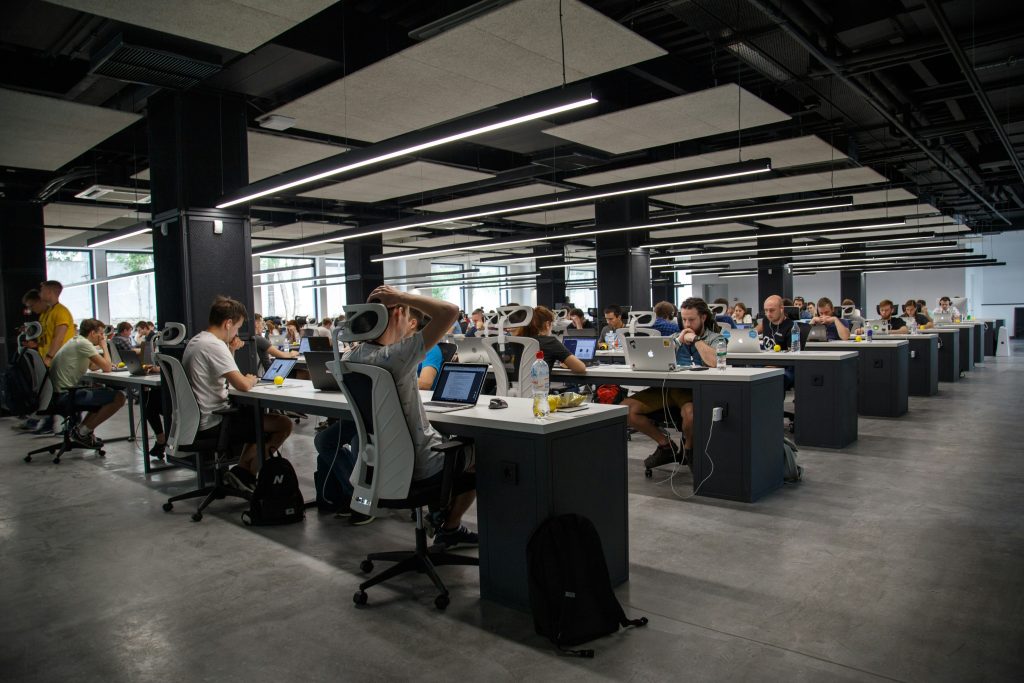Positive psychology and cognitive behaviour therapies have influenced the development of a suite of tools to help people build enduring self-confidence and this article explains how they are of use.
Evidence suggests that many people have vulnerable self-confidence to some extent, even if they do not show it. Certainly our experience bears this out. When running personal and management development events we have been struck by the number of different individuals whose achievements and readiness to take on challenges are constrained by lack of confidence in their own social skills and
professional capabilities. Not only this, but they sometimes do not know their own value and appear unable to appraise themselves realistically. This, in turn, has an adverse effect on their lives inside and outside work. Nevertheless, there is overwhelming evidence that our beliefs about our abilities to accomplish things are strongly influenced positively or negatively by our social and physical environment and experiences. Even more importantly we can influence our own belief systems by working to change ingrained ways of thinking about our capabilities.







